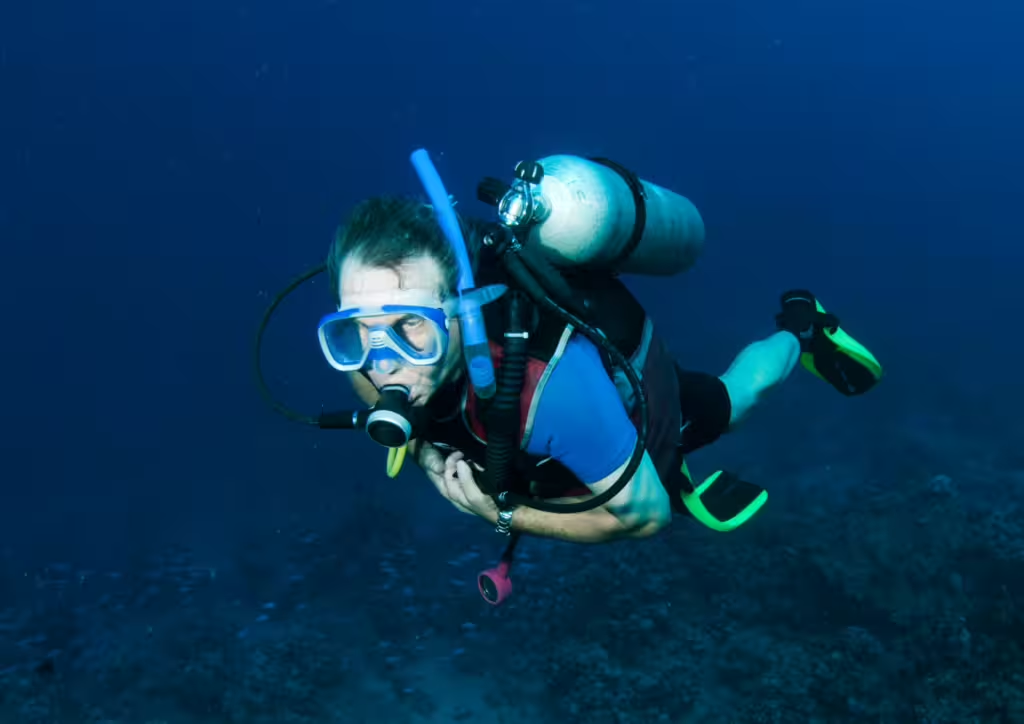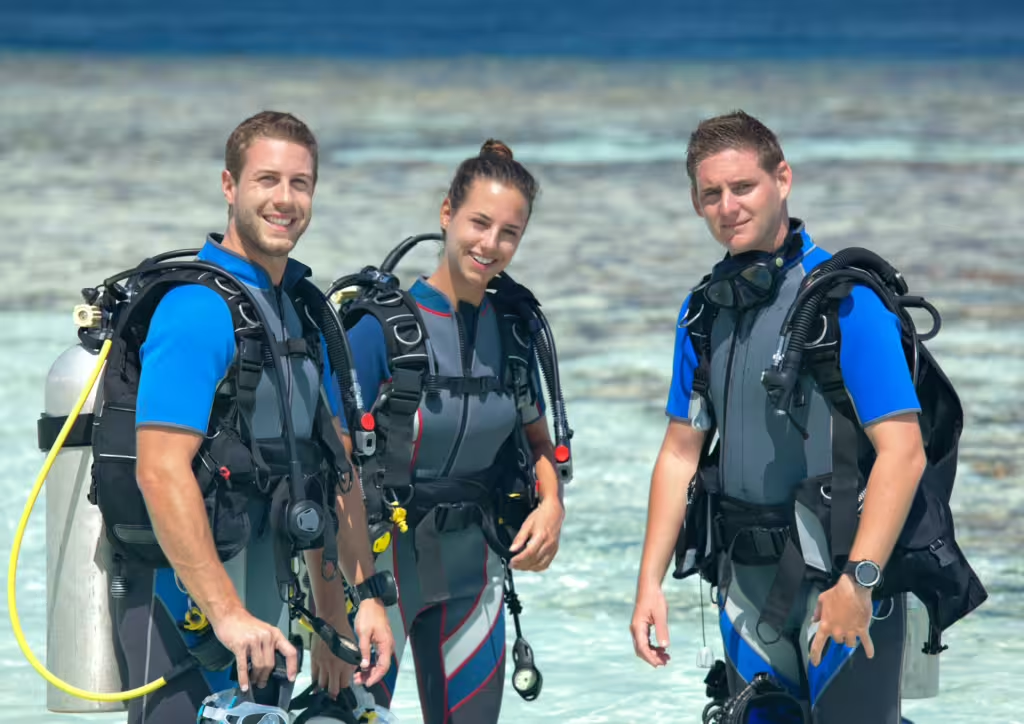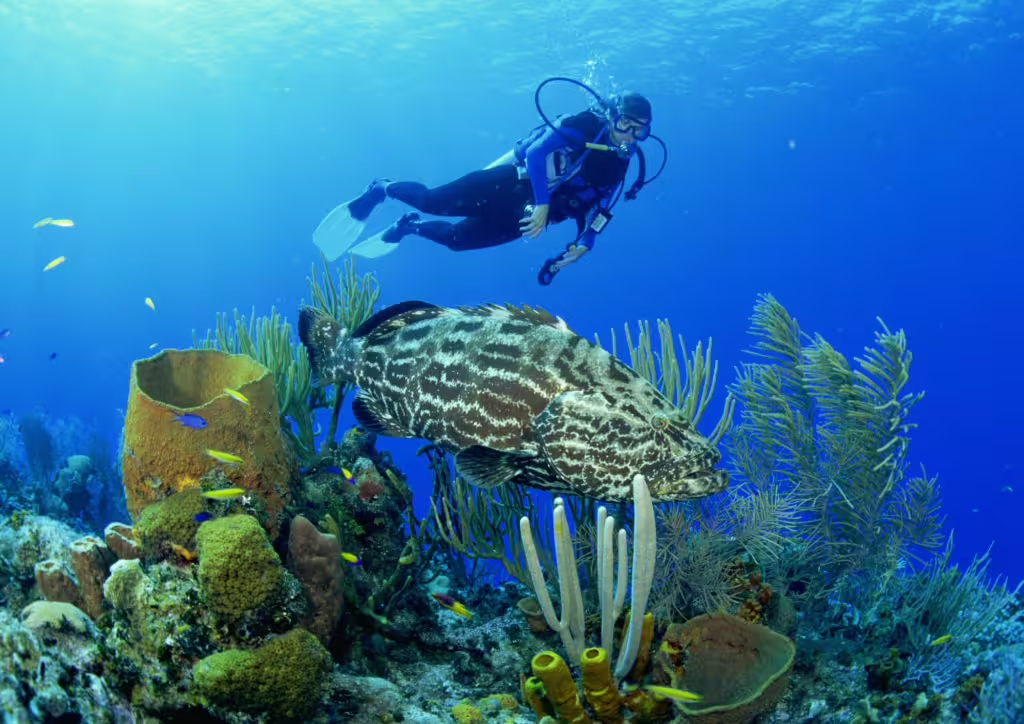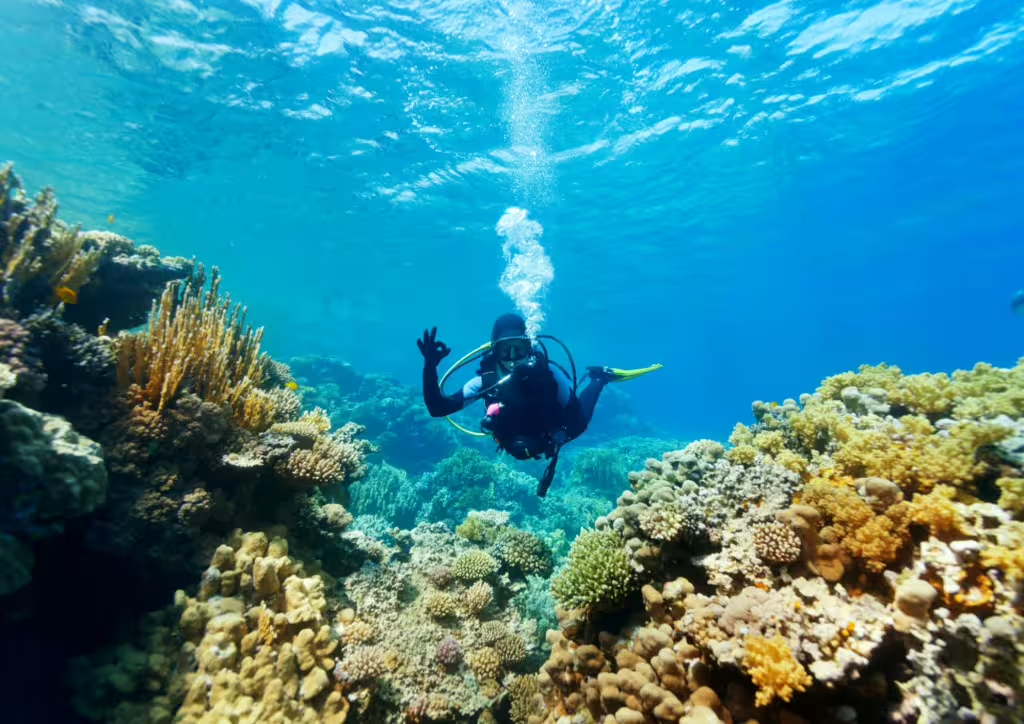For many beginners, choosing a Bali Open Water Diving Course is the first step toward safe and enjoyable diving. Two of the most popular certification agencies are SSI and PADI, both offering structured training programs designed to equip you with the skills and confidence needed for diving. An SSI or PADI Bali Open Water Diving Course includes theory, pool practice, and open water sessions, ensuring a complete learning experience.
When considering a Bali Open Water Diving Course, factors such as cost, instructor quality, and opportunities for advanced training can influence your decision. No matter which agency you choose, a Bali Open Water Diving Course guarantees that your introduction to diving will be safe, memorable, and an adventure into one of the world’s most breathtaking underwater paradises.
Understanding SSI and PADI: An Overview
Understanding the distinctions between SSI (Scuba Schools International) and PADI (Professional Association of Diving Instructors) requires looking at their histories and training philosophies. PADI, founded in 1970, is one of the most recognized certification agencies worldwide, with a structured approach that emphasizes safety and standardized learning materials. SSI, also founded in 1970, has developed a more flexible, community-driven model that allows instructors to adapt lessons to the needs of their students. This difference often influences the learning experience in a Bali Open Water Diving Course.
When considering a Bali Open Water Diving Course, it’s helpful to know that PADI offers a consistent global system, while SSI provides more room for personalization. Both agencies ensure that divers master essential skills, but their teaching styles may suit different personalities and learning preferences. Choosing the right agency for your Bali Open Water Diving Course can also shape your future as a diver, affecting how easily you progress to advanced levels and how your certification is recognized worldwide.
No matter which path you take, enrolling in a Bali Open Water Diving Course will provide a strong foundation in both theory and practice, preparing you for safe and confident dives. Ultimately, a Bali Open Water Diving Course with either SSI or PADI will open the door to unforgettable underwater adventures in Bali’s vibrant marine world.
Course Structure: What to Expect

When planning your Bali Open Water Diving Course, it’s important to understand the structure offered by both SSI (Scuba Schools International) and PADI (Professional Association of Diving Instructors). Both agencies provide a complete learning journey that includes theory lessons, confined water sessions, and open water dives. Choosing the right Bali Open Water Diving Course can influence how comfortable and engaged you feel throughout your training.
In an SSI Bali Open Water Diving Course, students often begin hands-on practice earlier, integrating skills in the water alongside theoretical learning. This flexible approach allows instructors to adapt lessons to each diver’s pace, helping build confidence. On the other hand, a PADI Bali Open Water Diving Course follows a more standardized format, where theory is usually completed before entering the water, ensuring structured progress and consistency worldwide.
During confined water training, both SSI and PADI ensure students master essential skills before moving into the ocean. The methods differ slightly, but the ultimate goal of any Bali Open Water Diving Course is to create safe, confident divers ready to explore Bali’s incredible reefs and marine life.
Pricing Breakdown: Finding Value for Money
When exploring your options for a Bali Open Water Diving Course, understanding the pricing structure is an important step in making the right choice. Both SSI (Scuba Schools International) and PADI (Professional Association of Diving Instructors) offer competitive rates, but the details of each package can affect your overall investment. On average, an SSI Bali Open Water Diving Course costs around $400–$550, often including study materials and insurance. In comparison, a PADI Bali Open Water Diving Course is usually priced between $450–$600, with similar inclusions.
Beyond the upfront course fee, divers should also consider additional expenses like equipment rental, which may add $200–$300 depending on the dive center’s policies. Some centers include gear in their course price, while others charge separately. A Bali Open Water Diving Course may also involve extra costs such as certification fees, photography services, or guided dives. On the bright side, many dive shops offer seasonal promotions or package deals that provide better overall value.
Ultimately, whether you choose an SSI or PADI Bali Open Water Diving Course, evaluating what’s included in the price will help you make an informed decision. By comparing costs, inclusions, and add-ons, you can find the course that best fits your budget while still delivering an unforgettable diving experience in Bali.
Recognition and Global Acceptance of Certifications

When it comes to selecting a diving certification agency, the recognition and global acceptance of that certification can significantly influence your diving opportunities. Both SSI (Scuba Schools International) and PADI (Professional Association of Diving Instructors) are widely recognized throughout the world, making either choice a solid option for aspiring divers. However, the preference for one agency over the other can vary by location, dive shop, and specific diving destinations.
For travelers engaging in a Bali open water diving course, understanding where each certification holds weight can streamline the process of finding dive experiences that align with your skill level and ambitions. Many dive operators in Bali accept both certifications, but some may have stronger ties with PADI, which is often regarded as the more recognized certification globally due to its larger user base and extensive marketing reach.
This can become a factor if you plan on diving in regions where specific recognition offers better safety and opportunities for continued training. Additionally, the flexibility of SSI’s training can be an advantage in regions where smaller, local dive operations prevail. SSI has a reputation for its emphasis on quality training with a focus on the student’s experience and skills development, which may appeal more to divers who prioritize personalized learning.
Furthermore, divers with SSI certifications can easily seek advanced courses, often with streamlined transitions into specialties or professional levels. Ultimately, as you map out your open water diving adventure in Bali, weighing the recognition and global acceptance of SSI and PADI certifications will empower your decision, ensuring you fully embrace the experience while travelling.
Personal Experiences: Testimonials from Divers
Personal experiences from divers who have taken either SSI or PADI courses in Bali offer invaluable insight that is often overlooked in promotional materials. Many divers express a sense of adventure and excitement that stems not only from exploring the underwater wonders of Bali but also from the process of learning how to dive. One diver, Emily, who completed her SSI course, shared that the hands-on approach and small group sizes made her feel more comfortable and confident in her skills.
She valued the personal attention from instructors, which allowed her to receive immediate feedback and support throughout her training. In contrast, Jake, who opted for the PADI course, praised the extensive resources and structured materials provided, which he found beneficial in terms of blending theoretical knowledge with practical application. His experience highlighted the organized framework PADI offers, equipping him with confidence as he ventured into deeper waters. These testimonials not only showcase personal growth and narrative but also bring to light the unique offerings of both certification agencies.
Another diver recounted her newfound camaraderie with fellow students, emphasizing how the shared challenges led to lasting friendships. Such stories illustrate that choosing between SSI and PADI ultimately extends beyond mere certification; it encompasses the entire learning experience, community interaction, and the unforgettable memories forged beneath the waves of Bali. By diving deeper into the personal stories of these divers, potential students can better navigate their choice of a Bali Open Water Diving Course, ensuring they find the perfect fit for their adventure in the ocean.
Environmental Considerations: Dive with Sustainability in Mind

Sustainability is a vital aspect of diving that should not be overlooked, especially in a pristine environment like Bali, where coral reefs and marine biodiversity thrive. Both SSI (Scuba Schools International) and PADI (Professional Association of Diving Instructors) have made significant strides in promoting environmental education and conservation efforts among divers. SSI emphasizes its commitment through specialized courses that focus on marine conservation and eco-friendly diving practices.
Their educational materials often include modules on responsible diving, such as the importance of avoiding coral contact and protecting marine habitats. On the other hand, PADI advocates for ocean health through its core philosophy of encouraging divers to become stewards of the marine environment. They support numerous initiatives dedicated to ocean conservation and have developed a variety of environmentally focused courses, allowing divers to gain deeper insights into protecting marine ecosystems.
By aligning with either agency, divers can enhance their understanding of sustainable diving practices, making an informed choice that resonates with their personal values. As you explore your options for an Open Water Diving Course in Bali, it’s essential to consider which organization’s philosophy on ocean conservation aligns with your own. Both SSI and PADI provide varied resources, workshops, and community engagement opportunities to enhance divers’ awareness of environmental issues.
Whether you prioritize eco-friendly training or community conservation projects, the agency you choose could significantly impact your diving experience and its environmental consequences. Opting for a course that emphasizes sustainability not only enriches your adventure but also contributes to preserving Bali’s unique underwater landscapes for future generations of divers.
Making Your Choice: SSI or PADI for Your Dream Dive in Bali
In conclusion, selecting the right diving certification agency is crucial for ensuring a safe and enjoyable diving experience in Bali. Both SSI and PADI offer comprehensive courses that cater to divers of all levels, each with its unique benefits. As highlighted in our comparison, SSI focuses on flexible learning, valuable environmental conservation practices, and smaller class sizes, making it an excellent choice for those who prioritize personalized instruction.
On the other hand, PADI’s global recognition and well-structured course progression can be advantageous for those looking to dive worldwide or advance their diving credentials more broadly. Ultimately, your choice between SSI and PADI should align with your diving goals, learning preferences, and the specific offerings at your selected Bali dive shop. Regardless of which certification you choose, the vibrant underwater world of Bali awaits, providing unforgettable experiences and a profound connection to marine life. So, gear up, choose your path, and dive into an adventure that promises to be both thrilling and enriching!

